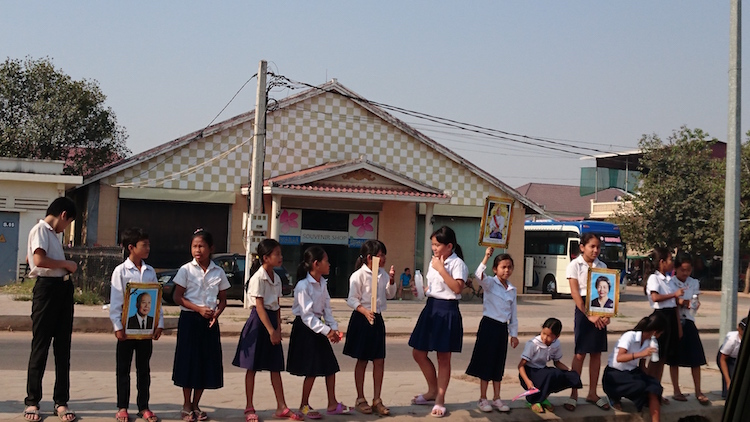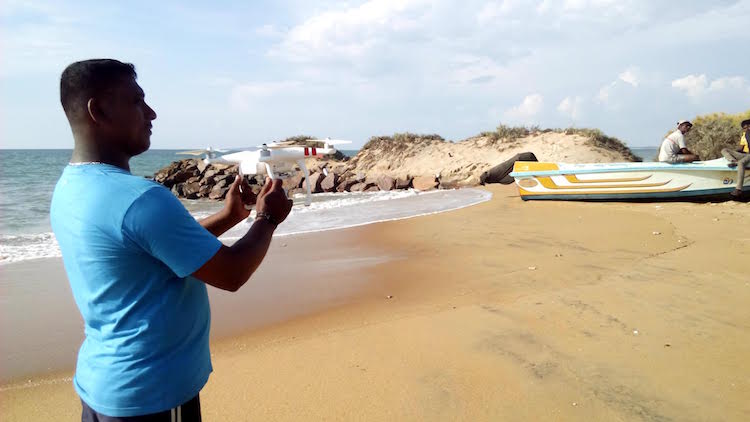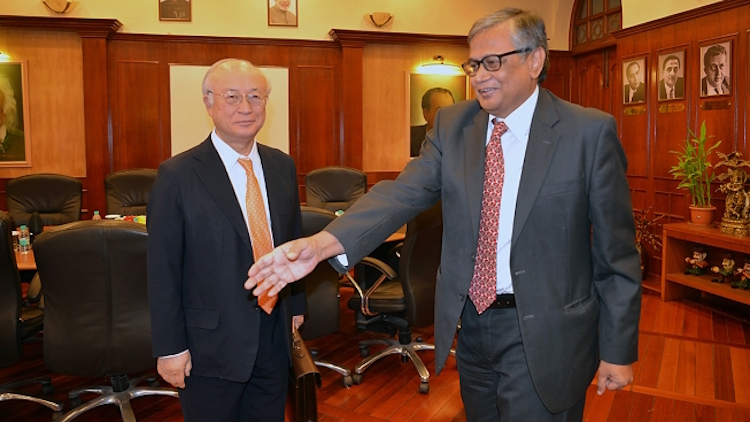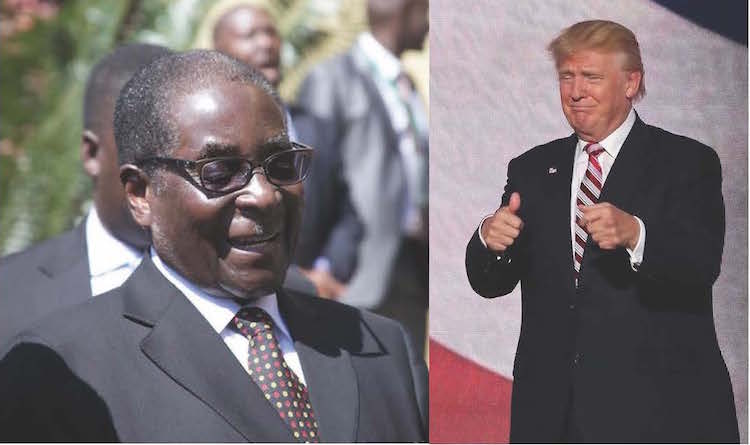By Neena Bhandari
SIEM REAP/BATTAMBANG, Cambodia (IDN) – The once conflict ridden, impoverished country of Cambodia has made significant strides towards stability and progress, but it is still facing several socio-economic development challenges.
In 2016, it became a lower middle-income country after recording an annual average economic growth of seven percent over the past decade. “The country’s economy has trebled and the number of people living in poverty has halved in the last 15 years. We have to set development issues in the context of those successes,” says Nick Beresford, United Nations Development Programme’s (UNDP) Cambodia Country Director.










